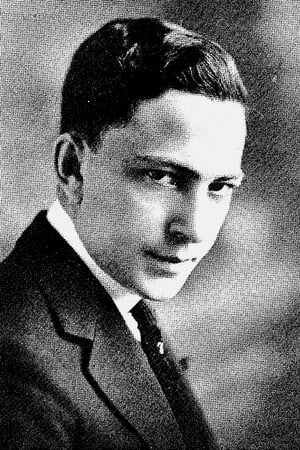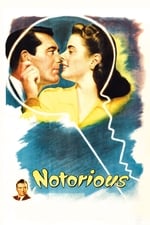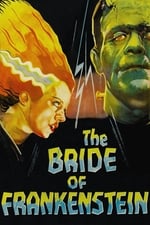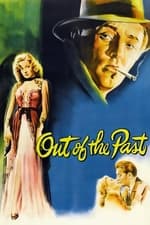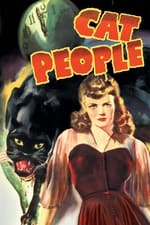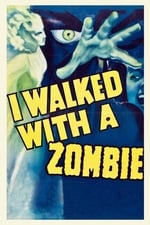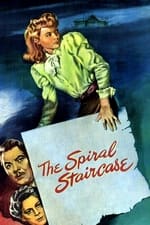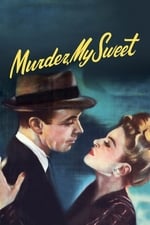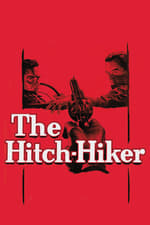Informations personnelles
Célèbre pour Son
Apparitions connues 155
Genre Homme
Date de naissance 25 avril 1896
Date de décès 3 septembre 1966 (70 ans)
Lieu de naissance Moscow, Russia
Alias
- Constantin Romanovich Bakaleinikov
- Константин Романович Бакалейников
- Constantin Bakaleinikoff
- Constantine Bakaleinikoff
- Bakaleinikoff
- Constantin Bakaleynikov
Score de contenu
100
Superbe ! Cette fiche semble complète !
Connectez-vous afin de
signaler un problème.
Biographie
Constantin Romanovich Bakaleinikov (also spelled “Bakaleynikov” and “Bakaleinikoff”) was a Russian-born composer. Bakaleinikoff was from a large musical family. His brothers were Nikolai Bakaleinikov (flautist, composer and conductor), Vladimir Bakaleinikov (violist, composer and conductor), and Mikhail (Mischa) Bakaleinikoff (composer). He studied at the Moscow Conservatory. Following the Russian revolution he migrated to the United States with his brother Mischa. He worked as a conductor for the Los Angeles Philharmonic before beginning his Hollywood career as a freelance composer. At the 1927 premiere of director Cecil B. DeMille's The King of Kings at Hollywood's famed Grauman's Chinese Theater, the audience was treated to a concert of film music classics conducted by him. With the arrival of sound, the Bakaleinikoff brothers became studio maestros. Mischa joined Columbia Pictures, while Constantin became a musical director at Paramount Pictures, followed by MGM. Constantin also worked briefly at Columbia, and later for independent Grand National Pictures. In 1935, Bakaleinikoff participated in making the earliest dance film, Spring Night. He conducted Joseph Achron's score for this first experimental ballet film, which featured the choreography and dancing of David Lichine, who had danced with Colonel de Basil's Ballet Russe de Monte Carlo. Nana Gollner, the Texas-born ballerina, was his partner. This pioneering film, which emerged from the Diaghilev sphere of influence, was produced by Adolf Zuckor. Bakaleinikoff received his first Academy Award nomination for scoring the James Cagney feature Something to Sing About (1937). Later, he became the senior music director at RKO Radio Pictures, where he spent most of his motion picture career. He earned Academy Award nominations for his work on The Fallen Sparrow (1943), Higher and Higher (1943), and None But the Lonely Heart (1944). For Alfred Hitchcock's Notorious (1946), starring Cary Grant and Ingrid Bergman, he conducted the original score by composer Roy Webb, one that complements the director's elements of suspense and danger throughout the film. Bakaleinikoff, who was always billed as “C. Bakaleinikoff”, appeared on camera as himself in RKO's backstage musical Ding Dong Williams (filmed 1945, released in April 1946). He remained at RKO until the studio folded in 1956. He donated his time and talent in the late 1950s in mentoring and conducting the Burbank Youth Symphony. Constantin Bakaleinikoff was married to silent film actress Fritzi Ridgeway. He died in 1966 and is buried at Forest Lawn Memorial Park in Glendale, California.
Constantin Romanovich Bakaleinikov (also spelled “Bakaleynikov” and “Bakaleinikoff”) was a Russian-born composer. Bakaleinikoff was from a large musical family. His brothers were Nikolai Bakaleinikov (flautist, composer and conductor), Vladimir Bakaleinikov (violist, composer and conductor), and Mikhail (Mischa) Bakaleinikoff (composer). He studied at the Moscow Conservatory. Following the Russian revolution he migrated to the United States with his brother Mischa. He worked as a conductor for the Los Angeles Philharmonic before beginning his Hollywood career as a freelance composer. At the 1927 premiere of director Cecil B. DeMille's The King of Kings at Hollywood's famed Grauman's Chinese Theater, the audience was treated to a concert of film music classics conducted by him. With the arrival of sound, the Bakaleinikoff brothers became studio maestros. Mischa joined Columbia Pictures, while Constantin became a musical director at Paramount Pictures, followed by MGM. Constantin also worked briefly at Columbia, and later for independent Grand National Pictures. In 1935, Bakaleinikoff participated in making the earliest dance film, Spring Night. He conducted Joseph Achron's score for this first experimental ballet film, which featured the choreography and dancing of David Lichine, who had danced with Colonel de Basil's Ballet Russe de Monte Carlo. Nana Gollner, the Texas-born ballerina, was his partner. This pioneering film, which emerged from the Diaghilev sphere of influence, was produced by Adolf Zuckor. Bakaleinikoff received his first Academy Award nomination for scoring the James Cagney feature Something to Sing About (1937). Later, he became the senior music director at RKO Radio Pictures, where he spent most of his motion picture career. He earned Academy Award nominations for his work on The Fallen Sparrow (1943), Higher and Higher (1943), and None But the Lonely Heart (1944). For Alfred Hitchcock's Notorious (1946), starring Cary Grant and Ingrid Bergman, he conducted the original score by composer Roy Webb, one that complements the director's elements of suspense and danger throughout the film. Bakaleinikoff, who was always billed as “C. Bakaleinikoff”, appeared on camera as himself in RKO's backstage musical Ding Dong Williams (filmed 1945, released in April 1946). He remained at RKO until the studio folded in 1956. He donated his time and talent in the late 1950s in mentoring and conducting the Burbank Youth Symphony. Constantin Bakaleinikoff was married to silent film actress Fritzi Ridgeway. He died in 1966 and is buried at Forest Lawn Memorial Park in Glendale, California.
Son
|
||||||||||||||||||||||||||||||||||||||||||||||||
|
||||||||||||||||||||||||||||||||||||||||||||||||
|
||||||||||||||||||||||||||||||||||||||||||||||||
|
||||||||||||||||||||||||||||||||||||||||||||||||
|
||||||||||||||||||||||||||||||||||||||||||||||||
|
||||||||||||||||||||||||||||||||||||||||||||||||
|
||||||||||||||||||||||||||||||||||||||||||||||||
|
||||||||||||||||||||||||||||||||||||||||||||||||
|
||||||||||||||||||||||||||||||||||||||||||||||||
|
||||||||||||||||||||||||||||||||||||||||||||||||
|
||||||||||||||||||||||||||||||||||||||||||||||||
|
||||||||||||||||||||||||||||||||||||||||||||||||
|
||||||||||||||||||||||||||||||||||||||||||||||||
|
||||||||||||||||||||||||||||||||||||||||||||||||
|
||||||||||||||||||||||||||||||||||||||||||||||||
|
||||||||||||||||||||||||||||||||||||||||||||||||
|
||||||||||||||||||||||||||||||||||||||||||||||||
|
||||||||||||||||||||||||||||||||||||||||||||||||
|
||||||||||||||||||||||||||||||||||||||||||||||||
|
||||||||||||||||||||||||||||||||||||||||||||||||
|
||||||||||||||||||||||||||||||||||||||||||||||||
|
||||||||||||||||||||||||||||||||||||||||||||||||
|
||||||||||||||||||||||||||||||||||||||||||||||||
|
Interprétation
|
|||
|
